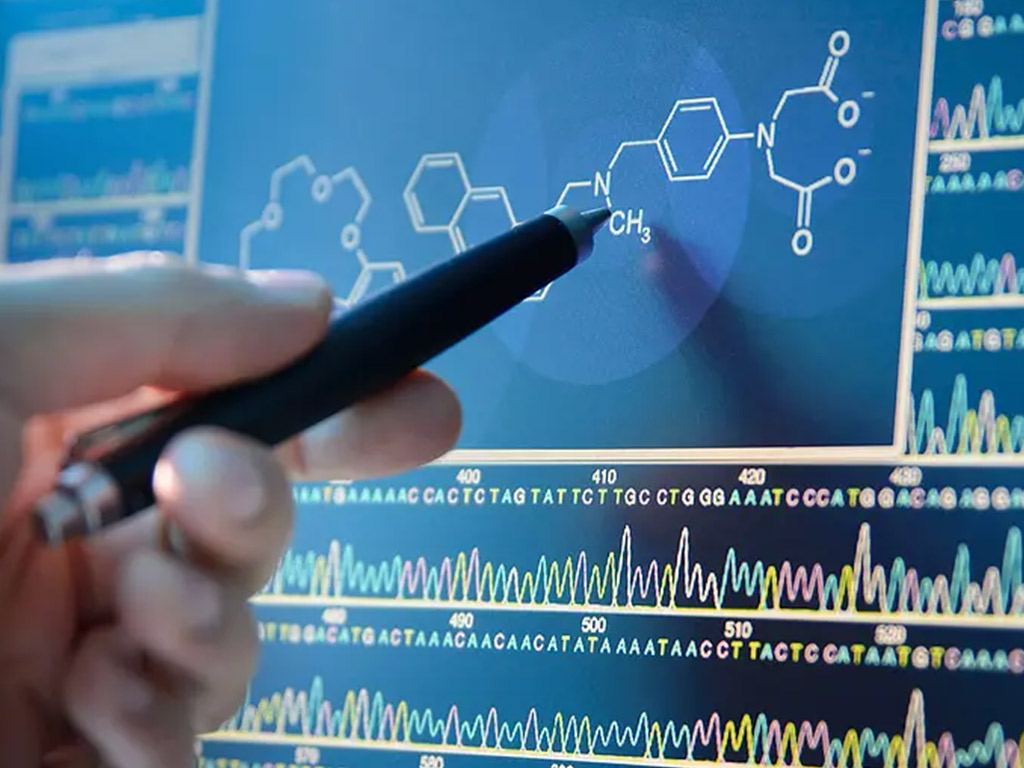About Bioinformatics
Mission
The program of Bioinformatics is dedicated to delivering top-notch education at the intersection of biology, computer science, and statistics, according to national and international standards, to prepare competent graduates who can master and apply bioinformatics in different fields, carry out cutting-edge scientific research, and serve the society appropriately.

Description
Bioinformatics is a new, rapidly growing science that applies computer technology to acquire, store, analyze, and disseminate biological and clinical data. Bioinformatics integrates various areas of study, including computer sciences, molecular biology, biotechnology, and mathematics.
Bioinformatics is used by two necessary large-scale fields: genomics and proteomics. Genomics points to the sequencing and interpretation of all genomic entities, including genes and transcripts, in an organism. Proteomics refers to the analysis of the entire set of proteins or proteomes. Moreover, metabolomics and transcriptomics are other areas of biology where Bioinformatics is applied. Thus, Bioinformatics is the key to understanding complex biological systems.
Program Objectives:
By the end of this program, the graduates should be able to:
- Transfer and use fundamental scientific data to suggest improvements in biotechnology, particularly bioinformatics field.
- Acknowledge the obligations of bioinformaticians in society.
- Develop bioinformatics knowledge and develop professional, efficient, succinct, and responsive communication with the scientific community, colleagues, governmental agencies, stakeholders, and the public.
- Show awareness of relevant legal, ethical, and socio-economic bioinformatics issues.
- Apply initiatives and make evidence-based decisions in order to propose and prioritize work plans in conjunction with colleagues to make a swift and timely completion of a bioinformatics project.
- Work successfully as part of a team across disciplines and use critical thinking and problem-solving abilities to provide original solutions to problems in many biotechnology sectors, including bioinformatics.
- Demonstrate a conscious awareness of own values, show respect for bioinformatics-related views of others, and deal with bioinformatics-related ethical problems from various angles.
- Apply self-assessment to work as a lifelong learner for continual professional improvement in bioinformatics.
- Use the right approaches to efficiently develop and carry out bioinformatics research.
- Exhibit strong leadership, management, business, and entrepreneurial abilities in the field of biotechnology, particularly bioinformatics.
Careers that can be pursued:
- Definite career areas that fall within bioinformatics scope are database design & maintenance, proteomics, pharmacology, sequence assembly & analysis, informatics development, bio-analysis, etc.
- Bioinformatician
- Research Scientist
- Computational biologist
- Biostatistician
- Epidemiologist
- Omics Analyst

